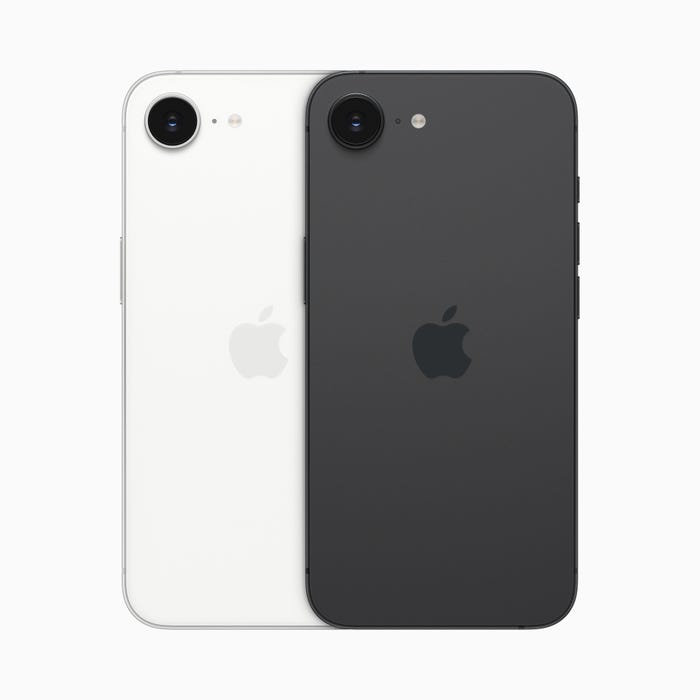DFW Airport ponders a decade-long private wireless contractDFW Airport ponders a decade-long private wireless contract

Mike Youngs isn’t ashamed to say the idea of using a private cellular network at Dallas Fort Worth International Airport was conceived in the restroom. Youngs, the airport’s VP for IT, wanted to use wireless technology to reduce crowding in restroom lines during the COVID-19 pandemic. His team installed sensors and lights above stalls and monitors outside restrooms to let people know when doors were locked and stalls were occupied. The sensors, unfortunately, kept losing their connection to the airport’s Wi-Fi network, which is concentrated in areas where people wait to board planes.
Adding more Wi-Fi access points was not the answer, Youngs said. “The Wi-Fi is outsourced to a third party, and there is data we cannot collect,” he said. In addition to the restrooms, the airport is installing sensors in parking garages, on vehicles, on escalators and in concession areas. Youngs’ team wants to monitor traffic and measure the experience of the roughly 100,000 people who pass through Dallas Fort Worth International Airport (DFW) daily.
“Anywhere a passenger goes, we want a public and a private network, but the passengers won’t really get on the private network,” Youngs explained. Instead, the airport will use tools like smart cameras and motion detectors to gauge traffic flow, and Youngs wants to connect those to a private cellular network.
“If you add all this up, it is over 200 concession locations, 500 vehicles on the airfield, 150 escalators and elevators that we are monitoring, and there is only more coming at us if you think about some of the autonomous things, like the tugs that move baggage to the carousel,” said Youngs. “Our current state of connectivity is not meeting our needs, so that is really why we think private network is our future.”
The airport ran two private network trials and then issued a formal request for bids to build a comprehensive wireless platform. Submissions are due Friday, November 18, and Youngs expects to take a final proposal to the airport’s board by February. He said 12 companies attended DFW’s initial information session, including all three major wireless carriers.
Scope of the project
Youngs said that the private cellular network is to be deployed first on the tarmac to support both passenger and cargo planes and then expanded to the rest of the airport. The request for bids did not stipulate that the network must use 5G at the outset.
If the network expands per plan, it will be one of the largest private networks in the country. The airport covers 26.9 miles, making it bigger than the island of Manhattan. It comprises five terminals, seven runways and 168 gates. DFW has its own zip code, data centers, police force, fire department and EMS. More than 30,000 people work there; 2,000 of them are directly employed by the airport and 160 of those work in the IT department.
There are two parts to DFW’s comprehensive wireless platform project: Wi-Fi and cellular. Youngs said the contract with the current Wi-Fi provider is ending and the airport needs a new one. He’s open to working with one provider for Wi-Fi and cellular or with two or more service providers who work together. “We have left open the possibility of partnerships,” Youngs said, adding that he values the economies of scale offered by shared infrastructure.
CBRS trials
Paul Puopolo, EVP of Innovation at DFW, said the airport plans to use the CBRS spectrum under General Authorized Access. “We will be looking at partners who have access to additional spectrum in case the situation presents itself such that we need it,” he added.
To read the complete article, visit Light Reading.



